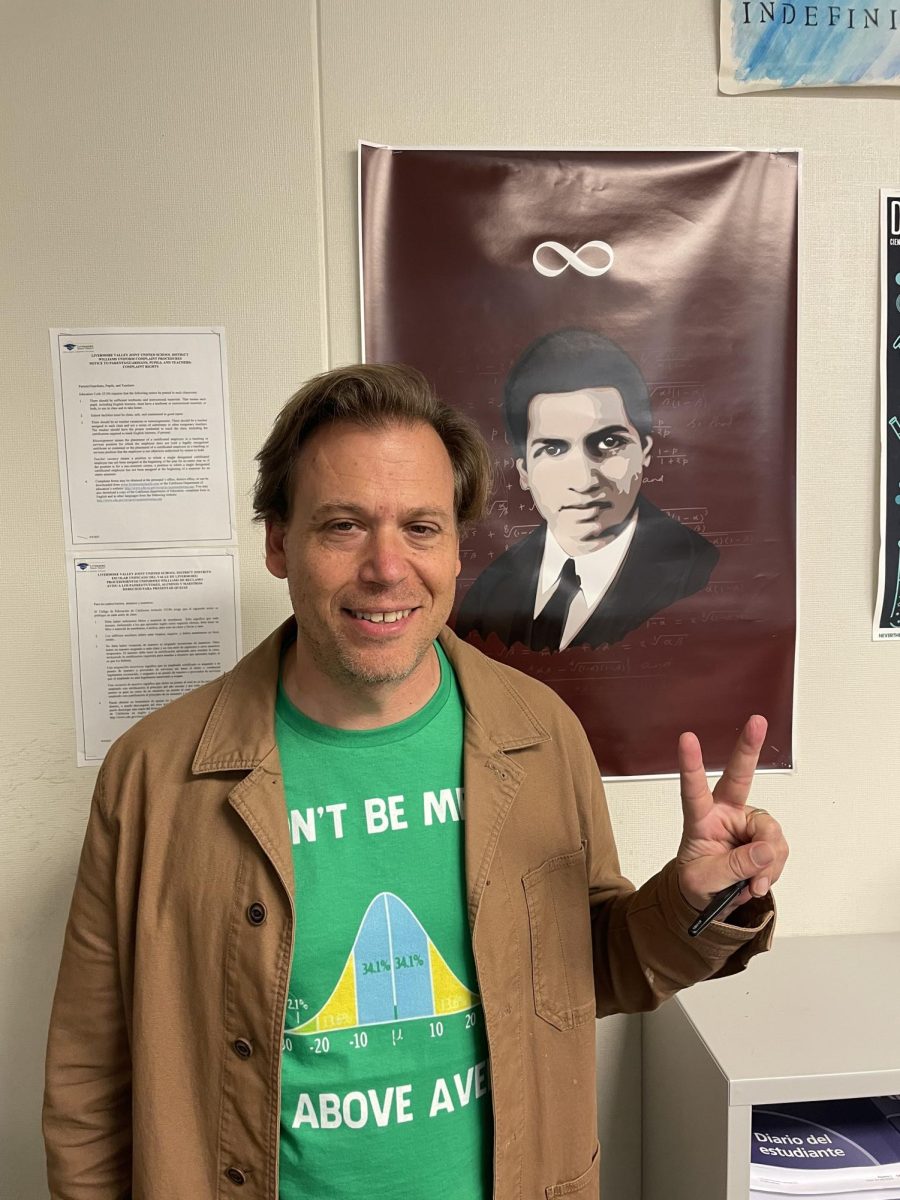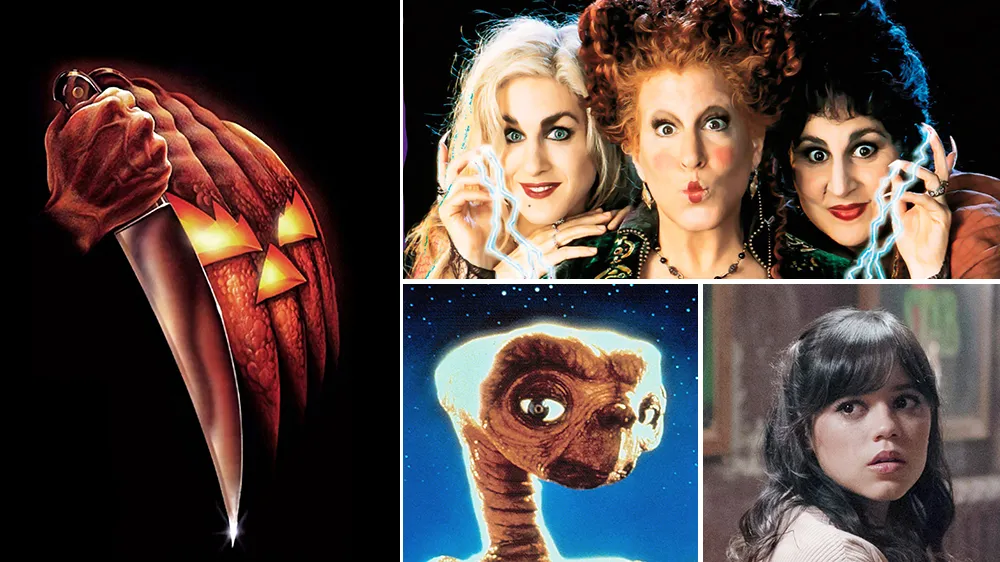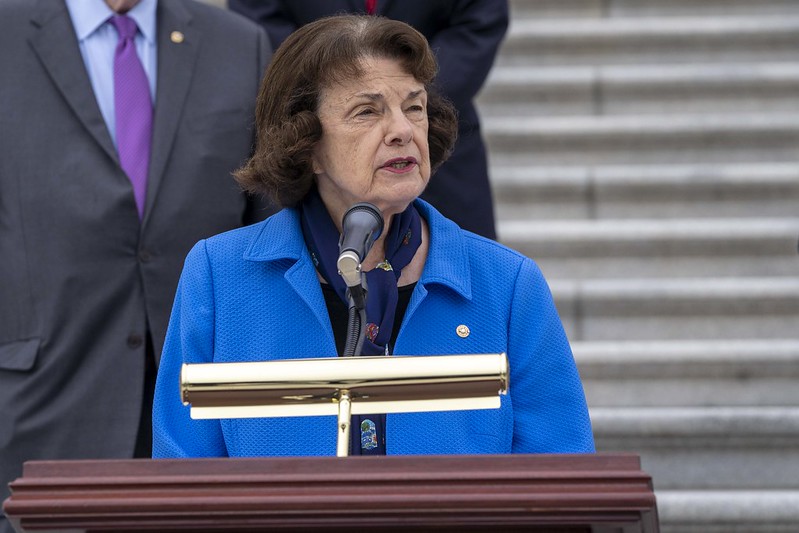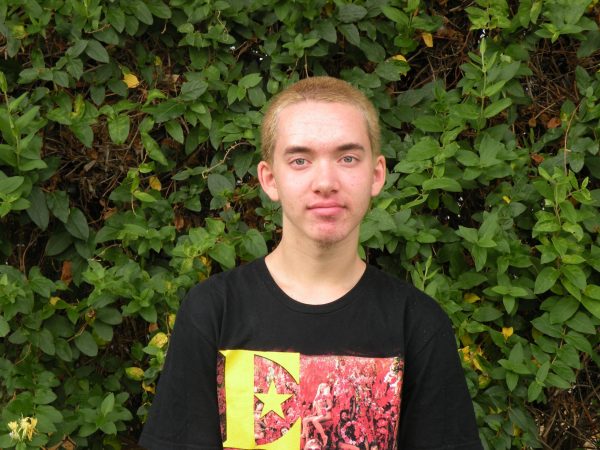On September 29, 2023, California Senator Dianne Feinstein passed away at the age of 90 after an extended period of declining health. Feinstein’s death comes after a historically long political career and numerous calls for her resignation. Here is a look at the politican’s storied legacy and what happens after her death.
Dianne Feinstein’s career began in her home city of San Francisco. In the late 1970s, she was stuck on the board of supervisors of San Francisco and she was ready to quit politics. But, on November 27, 1978, Feinstein was with Mayor George Moscone and Supervisor Harvey Milk when they were assassinated. The public responded positively to Feinstein’s quick and professional response to the situation and she used that public support to run for and become the mayor of San Francisco.
Feinstein was the mayor of San Francisco from 1978 to 1988, and during that time she passed gun control legislation, the city’s first rent control legislation, and oversaw the city’s handling of the HIV/AIDS crisis. Feinstein was elected to the Senate in 1992, becoming the senior California senator in 1993.
While Feinstein furthered certain causes, her centrism angered many of her colleagues and opponents. Feinstein is known as a staunch centrist, which isolated her from liberals and conservatives alike. She was a pioneering female politician but never supported any women’s rights group; she supported programs to fight the HIV/AIDS pandemic but vetoed domestic partnership legislation as San Francisco’s mayor; she is a strong gun control advocate while very in support of the death penalty.
After 9/11, Feinstein became the first woman to lead the Senate Intelligence Committee and led an investigation into CIA torture. But, in the 2010s, she voiced her support for the secret National Security Agency surveillance program after it was leaked to the public. Feinstein’s middle-road political strategy led to her having many Democrat and Republican opponents. Her centrism has especially heightened her disapproval among young California voters.
In the late 2010s and early 2020s, Feinstein began to show signs of mental decline and poor health which were evident to the public. The Senate’s top Democrat, Chuck Schumer, encouraged her to step down, but Feinstein ran for re-election in 2020 and won. By 2022, her ratings with young Californians were the lowest they had ever been and calls for her resignation were rising. Her bad health led to many long absences from the Senate which delayed the work of committees that she chaired, including the Senate Judiciary Committee and Intelligence Committee. On February 14, 2023, Feinstein’s office announced she wouldn’t be running for re-election in 2024 but would finish her current term as senator. Feinstein passed away seven months later.
Feinstein served as one of California’s senators from 1992 to 2023, lasting 31 years. She is the longest-serving female senator in history as well as the longest-serving California senator. While her political opinions were controversial, Feinstein inspired many women in politics. Politicians such as Vice President Kamala Harris and Senator Amy Klobuchar released statements expressing that Feinstein was an inspiration to them after her death.
When a senator is unable to finish a term, it is left to the governor to appoint a replacement. California Governor Gavin Newsom was in charge of choosing Feinstein’s replacement to finish her term. Newsom had previously stated he would choose a Black woman as a replacement if either senate seat was left empty. After the election of Kamala Harris to vice president, there have been no Black women serving in the Senate. An expected pick for Feinstein’s replacement was Barbara Lee, a Black woman who ran against Feinstein for Senate and a current House Representative. But, Newsom stated he would not appoint anyone who planned to run in the next election, deeming it unfair to the other candidates.
On Oct. 1, 2023, Gavin Newsom chose Laphonza Butler to fill Dianne Feinstein’s seat until the end of the term, making Butler the third Black woman to serve in the Senate and the first openly LGBTQ+ person to represent California in the Senate chamber. Butler is the head of EMILY’s List, an organization that works to elect Democratic women. Butler will serve until the next senator who will be chosen in the November 2024 election.
Laphonza Butler is strongly pro-choice and over her political career has fought for abortion rights, the labor movement, and civil rights. This is a contrast to the centrist ideas of Dianne Feinstein.
With Feinstein’s death, democrats only hold a 50-49 majority in the Senate. There is also a seat open on the Senate Judiciary and Intelligence committees that Feinstein was previously in. Senate Majority Leader Chuck Schumer will need the approval of the entire Senate chamber for her replacements. Normally, this would not be a problem for the Senate. But, with tensions rising on both sides of the political aisle, it is expected to be a difficult task for the Democrats. Earlier this year, Senate Republicans blocked the Democrats from removing Feinstein from the Senate Judiciary Committee because her health struggles were delaying some of President Biden’s federal judicial nominees.
Feinstein had 148 days left in her term, so California has planned a special election primary and election that will fill part of Feinstein’s term that ends in 2025. The current expected candidates for the next Senate race are Democrat House Representative Barbara Lee, Democrat House Representative Adam Schiff (Democrat Party choice), Democrat House Representative Katie Porter, Republican corporate executive James Bradley (Republican Party pick), and Republican Steve Garvey.
Dianne Feinstein had a long political career with her own share of successes and controversies. After 31 years as our Senator, the next Senate race is sure to be interesting. Her death may not come as a shock, but it will certainly change politics in California. We’ll have to wait until the next Senate election to find our new Senator.





























